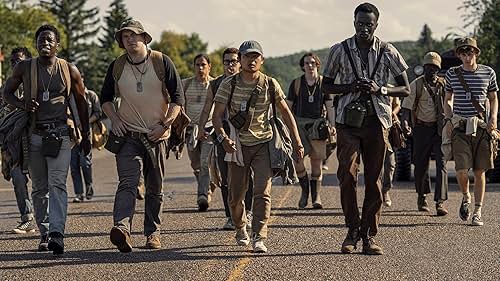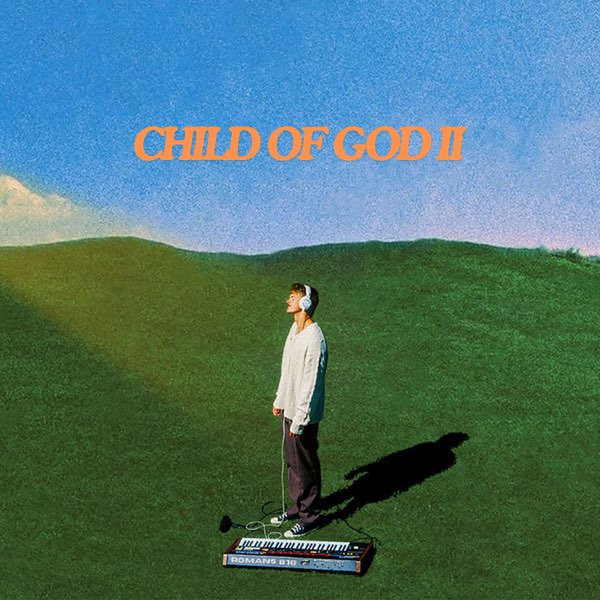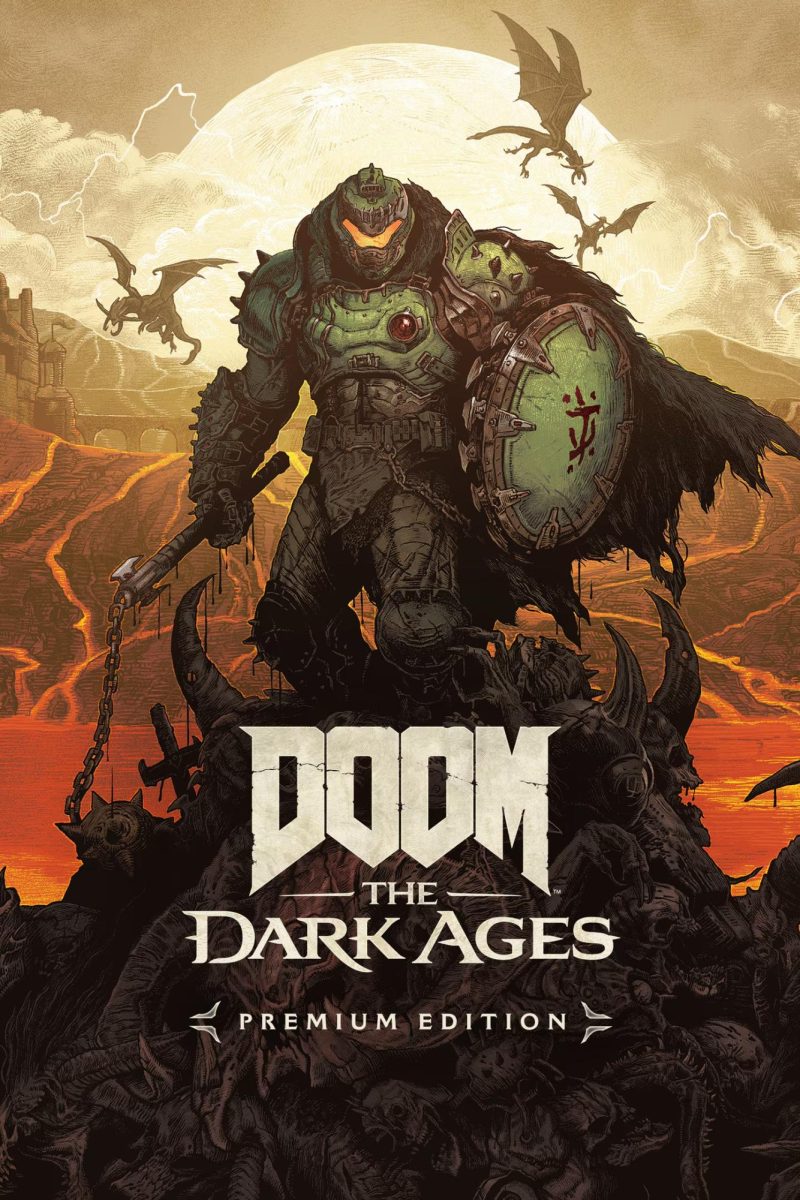In the weeks leading up to this year’s Academy Awards, I made it my goal to watch all of the films nominated for the Best Picture category. With only a week to go, I only had one more film to watch before I would complete my goal. I headed into Green Book with neutral expectations, knowing only a brief amount about the plot. Approximately two hours later I left the theater, surprisingly underwhelmed.
The film is extremely predictable, a characteristic that surprised me due to the fact this was a Best Picture nominee. I found the plot to have loose ends, as there was more than one B-Plot set up that never was developed. The most egregious of these is a scene in which the main character Tony “Lip” Vallelonga (Viggo Mortenson) throws two glasses that the African-American handymen hired to work in his house drank from in the trash. This, to me, should set up that Vallelonga is extremely discriminatory and racist, however, his character the rest of the film is painted to be a likable, albeit, ignorant family man.
The underdeveloped plotlines are not the only things that confuse me about this film. For a film that boasts about being a groundbreakingly inclusive film — Director Peter Farrelly describing it as a film “about loving each other despite our differences, and finding the truth about who we are” — it is not creative in the slightest. The whole movie is safe. Compared to its fellow nominee BlacKKKlansman, Green Book takes no risks. Spike Lee’s BlacKKKlansman gives a raw and real look into racism, diving head first into the horrific actions of the Ku Klux Klan. Now compare that to Green Book, a movie that thinks it’s taking a risk by flipping stereotypical roles around by having a rich, highly-educated black man be the boss of a poor, ignorant white man when it actually exaggerates stereotypes throughout the entire film.
Time and time again, Dr. Don Shirley (Mahershala Ali) has to be saved by Vallelonga. Saved from drunk bar attendees, police, theater owners, it seems like Shirley is unable to stick up for himself, a fact I can hardly doubt is accurate to the movie’s real-life counterpart. In fact, the families of the men the film is based on, have harped the fact that much of the events that take place in the film are exaggerated at best, in some cases completely fictional.
So why did it win Best Picture?
When Green Book was announced as the winner of Best Picture, I was shocked. In all the time I spent postulating what film would win, Green Book was never in my top five. I still think Alfonso Cuarón’s Roma was the clear winner of the nine nominees. I can only guess why the Academy chose Green Book, but I think it is a valid hypothesis
The Oscars have had a rocky image in the past few years. From the #Oscarssowhite controversy, to the Moonlight and La La Land mix up, to this year’s host drama, it has not been pretty. From the moment the nominees were announced, it was clear to me that the Academy was attempting to redeem their image. I mean, Bohemian Rhapsody, a hardly serviceable film, was nominated for Best Picture.
By choosing Green Book, the Academy was attempting to please everyone. It’s safe, with no controversial themes, and is a decent movie, no matter how much Mahershala Ali carries it. I’m not angry Green Book won, I’m just disappointed. It’s time the Academy starts recognizing films that are creative, different, thought-provoking and ambitious. Not ones that play it safe.






